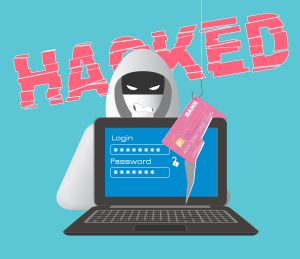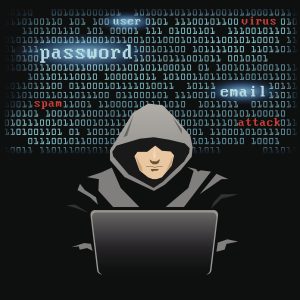Current research undertaken by cyber security experts reveals that a significant number of data breaches occurring in companies are caused by the weakest link in the chain – employees. In the following sections, we examine some cybersecurity protocols enterprises can put in place to help limit human errors and bolster their defences.
Definition of a cybersecurity protocol
A cybersecurity protocol is a predetermined list of measures, plans and actions drawn up to ensure an enterprise is safeguarded from data leaks, malicious attacks and other security-related incidents. To make certain a company is completely protected, the best policy is to use a range of protocols and protective software that can be combined effectively and present a united front against attacks. As there are several different approaches a hacker can use to penetrate systems, networks and stores of confidential data, multiple security measures must be deployed to answer these diverse threats. On top of this, all measures in place must be constantly evaluated on their effectiveness and revised when required.
Data collected, managed and stored is among the most valuable assets an enterprise has. Technological advances have seen major changes to the way business is conducted, with essential processes, communications, collaboration and storage of data now taking place within cyber environments. This makes it crucial for companies to make certain all information used and stored is never left vulnerable. Enterprises both large and small are targets for cybercriminals, so regardless of size, all businesses must adopt security protocols.
Developing cybersecurity protocols
The following are some measures worth considering when planning your company’s cybersecurity protocols. Together, these options can work to create a robust strategy against attacks.
Strong firewalls are among the most effective tools used to battle malicious hackers unleashing attacks on enterprises. A firewall that is up-to-date and operating efficiently can defend against a wide variety of threats, including viruses, malware and time-consuming spam. Dedicated anti-malware and anti-virus software can also provide more specialised protection, but must be updated regularly to remain effective.
Educating your staff is essential – ensure they understand threats from hackers and know how to act when they encounter them. Phishing tests can be carried out that allow personnel to improve their reactions to malicious mail, and drills can be repeatedly run on how to report attacks. Companies must establish a protocol for responding to incidents. When an attack or breach is attempted, all of your staff, including security professionals, should be aware of the steps they need to take.
Perhaps the most powerful asset for an enterprise seeking to protect itself is encryption. At Galaxkey, we have developed a secure digital platform that enables firms to encrypt data stored on servers or sent via emails. Files and messages can be encrypted with a simple, user-friendly drag and drop action, rendering sensitive information indecipherable to cybercriminals. No passwords are ever stored in our secure system, so there are no back doors for hackers to access. Contact our team today to make our secure platform part of your cybersecurity protocols.


